






5-Star Service, Trusted & Loved by Hundreds
Your Appraiser Search Ends Here
Your Appraiser Search Ends Here
.avif)

Nationwide Coverage – Appraisals Anywhere in the US

Get it done Onsite or Online

Any Asset, Covered

Defensible for Any Purpose
Frequently Asked
Questions
No Frequently Asked Questions Found.
The program operates through a carefully structured system of payroll taxes, where current workers and their employers contribute funds that directly support present and future beneficiaries. This self-sustaining model ensures that individuals who pay into the system can expect financial support during retirement, in case of disability, or for their dependents in the event of their death.
Social Security encompasses four primary components: Old-Age Insurance, which provides monthly benefits to retirees; Disability Insurance, offering financial support to those unable to work due to medical conditions; Survivors Benefits, which assist family members of deceased workers; and Supplemental Security Income, a need-based program supporting low-income elderly, blind, or disabled individuals.
Beyond its immediate financial support, Social Security plays a pivotal role in reducing poverty among older adults and providing a critical safety net for vulnerable populations. The program continues to evolve, with ongoing discussions about its long-term sustainability and potential reforms to meet changing societal needs. Understanding its structure and benefits remains essential for individuals planning their financial futures and navigating life's complex economic challenges.
The primary purpose of obtaining an appraisal relates to establishing precise documentation of asset values. Social Security administrators require clear, objective evidence of an individual's financial standing, and a professional appraisal provides exactly that. This process helps determine eligibility for various benefit programs, particularly Supplemental Security Income (SSI), where resource limits are strictly defined.
Asset valuation becomes especially important when accounting for real estate, personal property, and other significant holdings. An independent appraisal offers an unbiased evaluation that reflects current market conditions, eliminating potential discrepancies that could impact benefit calculations. This ensures that applicants receive fair consideration based on their true financial circumstances.
Documentation plays a critical role in the Social Security application process. A professionally conducted appraisal provides concrete evidence that supports claims about asset values, potentially expediting the review and approval process. This becomes particularly valuable when dealing with complex financial situations involving multiple assets or changing economic conditions.
Financial landscapes can shift rapidly, making periodic appraisals essential. Changes in property values, inheritance, or personal assets can significantly impact Social Security benefit eligibility. Regular, up-to-date valuations allow individuals to maintain accurate reporting and ensure continued compliance with program requirements.
Moreover, certain legal and administrative scenarios may explicitly require formal asset appraisals. These might include divorce proceedings, estate settlements, or addressing financial hardship claims. In such instances, a professional appraisal serves as an authoritative document that protects an individual's interests and provides clear, objective information.
By approaching Social Security benefits with a comprehensive understanding of asset valuation, individuals can navigate the system more confidently and effectively, ensuring they receive the most accurate assessment of their financial resources.
Professional appraisers conduct an in-depth examination that considers several key elements: equipment age, operational condition, accumulated usage hours, specific brand and model characteristics, and current market dynamics. Each factor is carefully weighted to generate an accurate representation of the asset's true worth.
The appraisal process begins with a detailed physical inspection, where experts methodically evaluate the equipment's structural integrity, mechanical functionality, and overall performance potential. Maintenance records play a crucial role, offering insights into the equipment's historical care and potential longevity. Well-maintained machinery typically commands a higher valuation, reflecting the diligence of its previous owners.
Comparative market analysis forms another cornerstone of the appraisal methodology. Appraisers cross-reference the equipment against recent sales of similar machinery, ensuring the valuation reflects current market conditions and industry trends. This approach provides a nuanced, data-driven perspective that goes beyond surface-level assessments.
Different sectors leverage construction equipment appraisals for varied purposes. Contractors use these evaluations to make strategic decisions about equipment acquisition or disposition. Financial institutions rely on precise valuations to assess lending risks and determine appropriate financing terms. Rental companies depend on these assessments for fleet management and insurance purposes.
Ultimately, a construction equipment appraisal represents a complex intersection of technical expertise, market knowledge, and financial analysis. It provides stakeholders with a reliable, objective assessment that supports informed decision-making in an ever-evolving industry landscape.
Detailed digital assessments typically involve clients submitting high-quality photographs and comprehensive equipment specifications. Appraisers carefully analyze these submitted materials, examining equipment condition, age, operational history, and market comparability factors. This method allows for precise evaluation without requiring physical presence.
Interactive online appraisal options have expanded, leveraging video conferencing platforms like Zoom, Google Meet, and Skype. These live sessions enable real-time equipment examination, allowing appraisers to request specific angles, discuss unique features, and conduct thorough visual inspections with clients.
The digital appraisal process offers significant advantages, including dramatically reduced turnaround times and elimination of geographical constraints. Clients can receive professional assessments quickly and conveniently, without scheduling complex in-person meetings or incurring additional travel expenses.
Modern appraisal techniques incorporate advanced technological tools and professional expertise to deliver accurate, reliable equipment valuations. By combining detailed documentation, visual evidence, and professional analysis, online construction equipment appraisals provide comprehensive insights that meet industry standards and client expectations.
Certified general appraisers offer the broadest expertise, holding comprehensive licenses that enable them to assess virtually any type of heavy machinery. Their deep market knowledge allows for nuanced valuations of complex and high-value equipment, making them invaluable for comprehensive assessments.
Licensed equipment appraisers focus specifically on machinery valuation, developing deep expertise in construction equipment like excavators, bulldozers, and cranes. Their specialized knowledge ensures precise evaluations that account for industry-specific factors, regulatory compliance, and detailed condition assessments.
Industrial appraisers bring a strategic perspective, examining equipment within the broader context of manufacturing and construction operations. They excel at understanding how machinery integrates into industrial ecosystems, providing holistic valuations that consider operational capabilities and market positioning.
Cost approach appraisers utilize a methodical replacement value strategy, calculating equipment worth based on reproduction costs and accounting for depreciation. This approach proves particularly effective for new or unique machinery, offering a scientific basis for valuation.
Market approach appraisers leverage comparative sales data, analyzing recent transactions to determine fair market value. By examining factors like age, condition, and brand reputation, they provide insights that reflect current market dynamics and competitive pricing trends.
Auction appraisers specialize in evaluating equipment within the unique context of sales environments. Their expertise in predicting auction performance helps buyers and sellers understand potential market values, drawing from historical sales data and current industry trends.
Selecting the right appraiser depends on specific assessment needs, equipment type, and valuation objectives. Understanding these professional distinctions empowers businesses and individuals to make informed decisions about their construction equipment assets.
Financial decision-makers rely on equipment appraisals to understand the true economic landscape of their assets. By establishing precise market values, companies can make informed choices about equipment maintenance, replacement, and potential divestiture. These evaluations capture nuanced details about depreciation, current market conditions, and potential future value trajectories.
Insurance and risk management represent another crucial dimension of equipment appraisals. Accurate valuations ensure appropriate coverage levels, protecting organizations from potential financial vulnerabilities in case of unexpected equipment loss or damage. This proactive approach mitigates potential economic disruptions and provides a clear framework for claims processes.
Lending institutions and financial partners frequently require professional equipment appraisals when considering financing or leasing arrangements. A comprehensive, objective assessment provides credibility and transparency, potentially securing more favorable lending terms and demonstrating the organization's financial sophistication.
Tax planning and compliance represent additional significant benefits of professional equipment appraisals. Whether addressing charitable donations, estate planning, or annual tax reporting, precise valuations help organizations maximize potential tax advantages while maintaining regulatory adherence.
Strategic asset management emerges as a fundamental outcome of regular equipment appraisals. By tracking equipment value over time, businesses can develop more intelligent procurement strategies, anticipate replacement cycles, and optimize their capital investment approaches.
Ultimately, construction equipment appraisals transcend simple monetary calculations. They represent a holistic tool for financial strategy, risk management, and organizational planning, enabling more sophisticated and informed decision-making across multiple business dimensions.
What is a Construction Equipment Appraisal?
A construction equipment appraisal is a professional evaluation of various types of machinery utilized in the construction industry, such as excavators, bulldozers, and cranes. These appraisals assess the current market value of the equipment, taking into consideration factors such as its age, condition, usage history, and relevant market trends. Accurate appraisals are essential for a range of purposes, including financial reporting, insurance coverage, and determining the fair market value for potential sales or trades.
For individuals applying for Social Security benefits, understanding the value of construction equipment can play a critical role, especially if this equipment is part of their asset portfolio. The appraisal process involves comprehensive inspections and market analysis, ensuring that the values reported are both current and reflective of industry standards. This information can provide essential documentation that supports financial eligibility and aids in the overall application process for benefits.
Importance of Appraisals for Social Security Benefits
When it comes to determining eligibility for Social Security benefits, accurate asset valuations are crucial, particularly for construction equipment. Appraisals provide a clear and objective assessment of the market value of these assets, which can significantly influence a claimant's financial standing. This valuation process not only helps in establishing eligibility but also ensures that beneficiaries receive the correct amount of assistance they deserve based on their available resources.
Construction equipment often represents a substantial portion of an individual's net worth, especially for those in the trade. Proper appraisals capture the current market conditions and technological advancements that may affect the equipment’s value, assisting Social Security evaluators in making informed decisions. Moreover, having a detailed appraisal report can serve as a crucial document in disputes or appeals when asserting the value of assets during the benefits application process.
In addition to affecting eligibility, appraisals can aid in effective financial planning for beneficiaries. For construction professionals transitioning into retirement or seeking disability benefits, understanding the value of their equipment can influence decisions on selling, leasing, or maintaining assets. This information not only empowers individuals to navigate the complex Social Security system but also fosters better management of resources, enabling a more secure financial future.
Types of Construction Equipment Typically Appraised
When it comes to construction equipment appraisals, a wide variety of machinery is involved. Commonly appraised items include excavators, bulldozers, cranes, and backhoes, all of which play crucial roles in different aspects of construction projects. Each piece of equipment can vary significantly in value depending on its age, condition, brand, and specifications, making professional appraisals essential for determining accurate market worth.
In addition to large machinery, smaller tools such as generators, compressors, and scaffolding also hold value and are often included in appraisal processes. The integral nature of these tools in facilitating construction tasks means that their worth is often tied to both operational effectiveness and overall wear and tear. Accurate assessments of these items can directly influence insurance claims and financial decisions, especially for individuals relying on Social Security benefits.
Seasonal or specialized equipment, such as concrete mixers or road rollers, may also be appraised, particularly when they are needed for specific projects. The market demand for such machinery can fluctuate, and understanding these dynamics is critical in assessing their value. Ultimately, a comprehensive appraisal of all types of construction equipment is essential not only for fair financial evaluations but also to ensure that individuals have access to the rightful benefits they deserve.
Factors Influencing the Value of Construction Equipment
The value of construction equipment is influenced by several key factors, including age, condition, and market demand. Older equipment generally depreciates in value, while well-maintained machines can retain or even appreciate in worth depending on their historical performance and technological advantages. Additionally, the current market trends play a significant role; if there is high demand for specific types of machinery, such as excavators or bulldozers, their value may rise, reflecting the dynamics of supply and demand.
Another critical element affecting the value is the equipment's usage and hours logged. Heavy equipment that has been used extensively may face a reduced valuation due to wear and tear, whereas lightly used machinery might command a higher price. Factors such as brand reputation and compliance with safety regulations also contribute to the overall assessment, as reputable brands often perform better in the resale market. Understanding these factors is essential for accurate appraisals, particularly when it comes to eligibility assessments for Social Security benefits.
How to Prepare for an Equipment Appraisal
Preparing for an equipment appraisal is crucial for ensuring an accurate and fair valuation. Start by gathering all relevant documentation related to the equipment, such as purchase invoices, maintenance records, and any modifications that have been made. This information establishes a clear historical record, allowing the appraiser to assess the equipment's condition and market relevance effectively. Having this documentation on hand will not only streamline the appraisal process but also provide a solid foundation for any potential disputes or appeals.
In addition to paperwork, it's beneficial to conduct a thorough inspection of the equipment prior to the appraisal. Look for any signs of wear and tear, functioning issues, or modifications that may impact its value. An honest assessment of the equipment’s physical condition will aid in disclosures made to the appraiser, leading to a more accurate valuation. Lastly, keep in mind local market trends and recent sales of similar equipment, as this information may also be beneficial during discussions with the appraiser.
The Appraisal Process: What to Expect
The appraisal process for construction equipment, particularly for Social Security purposes, begins with a comprehensive evaluation of the machinery in question. This assessment typically includes an examination of the equipment's physical condition, functionality, and any relevant documentation such as maintenance records or service history. Experienced appraisers utilize their industry knowledge to determine the fair market value based on current market trends and comparable sales. Overall, this thorough examination ensures that all essential factors influencing the equipment's value are taken into account.
Once the initial assessment is completed, the appraiser compiles a detailed report that outlines the findings of the appraisal. This report includes specific details such as the make, model, year, and hours of operation of the equipment, alongside photographic evidence to support the evaluation. The appraiser will also provide an estimated value, often broken down into a range to account for any fluctuations in market demand. This comprehensive documentation is crucial for Social Security applications, as it validates the declared value of the equipment for financial assessments.
Throughout the appraisal process, communication between the appraiser and the client is essential. Appraisers will clarify any questions regarding the evaluation, the rationale behind the determined value, and the process itself. Proper understanding facilitates trust and ensures that the client is adequately informed, which can reduce anxiety and promote confidence in the appraisal outcome. By being proactive and engaged, clients can navigate the appraisal process more smoothly, leading to a more effective use of their assessed construction equipment in relation to Social Security evaluations.
Common Methods of Valuation for Construction Equipment
Several common methods of valuation are employed when appraising construction equipment, each serving a distinct purpose depending on the context and requirements of the appraisal. The most widely used method is the Cost Approach, which estimates the value based on the current replacement cost of the equipment, factoring in depreciation. This method is particularly useful for insurance purposes or when determining the value of new or recently acquired equipment. Another prevalent method is the Market Approach, which evaluates equipment based on recent sales of similar items in the marketplace, providing a more immediate snapshot of value influenced by market demand.
Additionally, the Income Approach is sometimes applied, especially for specialized or high-demand construction equipment where income generation potential is significant. This approach estimates value based on the anticipated future cash flows that the equipment can generate, discounted back to present value. Each method has its strengths and limitations, highlighting the importance of choosing the right approach based on the specific circumstances surrounding the appraisal, such as the purpose of the evaluation and the type of equipment being assessed. Understanding these methods can help stakeholders make informed decisions regarding their construction equipment assets.
Documentation Required for Appraisals
When it comes to construction equipment appraisals for Social Security, having the right documentation is essential to ensure an accurate and fair assessment. Essential documents typically include original purchase agreements, maintenance records, and any upgrades or modifications made to the equipment since acquisition. Additionally, records of past appraisals, if available, can provide valuable context and history that aid in determining current value.
It is also important to gather supporting documentation that illustrates the equipment's current condition and its operational status. Photos of the equipment, service records, and even testimonials regarding its performance can enhance the appraisal process. By ensuring that all relevant documentation is prepared and organized, individuals can facilitate a more efficient appraisal, leading to a better understanding of their construction equipment's value in the context of Social Security considerations.
How to Choose the Right Appraiser for Construction Equipment
Choosing the right appraiser for construction equipment is crucial for obtaining accurate assessments and adhering to regulatory standards, especially for Social Security claims. Begin by ensuring the appraiser is certified and possesses comprehensive knowledge of the construction equipment market. Look for professionals who have experience specifically in appraising heavy machinery, as their insights will be invaluable in determining fair market value.
Additionally, consider appraisers who are recognized by industry organizations or hold professional designations that underscore their expertise in equipment appraisal. It’s beneficial to review their track record, including references or testimonials from previous clients who have engaged their services for similar cases. This can provide you with an understanding of their reliability and the quality of their evaluations.
Finally, communication is key in the appraisal process. The ideal appraiser should be willing to discuss their methodologies, provide a detailed report, and answer any questions you may have concerning valuation and documentation required for Social Security purposes. Establishing a clear line of communication will not only help in securing an accurate appraisal but also in navigating any potential complexities associated with your specific needs.
Understanding the Appraisal Report
An appraisal report is a comprehensive document prepared by a certified appraiser that provides an objective evaluation of the value of construction equipment. It outlines the condition, specifications, and market demand of the equipment, offering valuable insights into its worth. For individuals seeking Social Security benefits, a thorough understanding of this report can play a crucial role in substantiating their claims, especially when the equipment is integral to their livelihood or required for their business operations.
The report typically includes detailed descriptions of the equipment, including its make, model, year of manufacture, and the hours of use. Additionally, the appraiser may utilize comparable sales data and market trends to support their valuation, ensuring the report reflects fair market value. This level of detail not only aids in understanding the equipment’s current worth but also helps in addressing any inquiries from Social Security Administration regarding income or asset assessments.
Furthermore, a well-structured appraisal report may highlight any necessary repairs or modifications, which can impact the equipment's value. This informed perspective is essential for individuals navigating the Social Security process, as it adds weight to their claims regarding financial stability and need. Ultimately, understanding the nuances within the appraisal report empowers individuals to present a strong case for their benefits, showcasing the relevance of their construction equipment in their financial landscape.
FAQs About Construction Equipment Appraisals for Social Security
Construction equipment appraisals play a crucial role in supporting Social Security claims, particularly for individuals who rely on their machinery as a source of income. These appraisals provide an accurate assessment of the current market value of the equipment, which is essential for determining financial eligibility for Social Security benefits. Understanding how appraisals work and what to expect during the process can help claimants gather the necessary documentation to bolster their applications.
When seeking a construction equipment appraisal, it is important to select a qualified appraiser with experience in the industry. The appraiser will evaluate factors such as the equipment's condition, age, brand, and market demand to provide a comprehensive valuation. Knowing that an appraisal is conducted objectively can ease concerns, assuring claimants that they are submitting reliable information for their Social Security case.
Frequently, individuals may wonder how long the appraisal process takes and its associated costs. Generally, the timeframe for a construction equipment appraisal can vary based on the complexity of the equipment and the appraiser's schedule. While costs can differ significantly depending on the appraiser's experience and the scope of work, investing in a professional appraisal can ultimately be beneficial by providing a clear picture of the asset's worth, which is necessary for Social Security considerations.
Conclusion: Key Takeaways on Equipment Appraisals
Understanding the significance of construction equipment appraisals, especially in relation to Social Security, is crucial for asset management and financial planning. Such appraisals provide a clear understanding of the value of equipment, which can affect eligibility for certain benefits or support programs. Accurate valuations ensure that individuals can make informed decisions regarding their assets, potentially impacting their financial stability in times of need.
Moreover, the process of obtaining an appraisal involves not only assessing the current market value of the equipment but also understanding its condition, age, and any modifications that may affect value. This comprehensive evaluation provides a holistic view of the asset and is essential for reporting purposes to government agencies. By having up-to-date and precise appraisals, individuals can avoid pitfalls that arise from outdated information, which can hinder their ability to claim benefits effectively.
In summary, engaging in a detailed appraisal of construction equipment is an essential practice for those navigating the complexities of Social Security. This process does not only facilitate an accurate reflection of an asset's worth but also empowers individuals to leverage their equipment in their financial planning. Staying informed about equipment values is vital and can ultimately enhance financial security and ensure better compliance with Social Security requirements.
View all Locations
BEST-IN-CLASS APPRAISERS, CREDENTIALED BY:






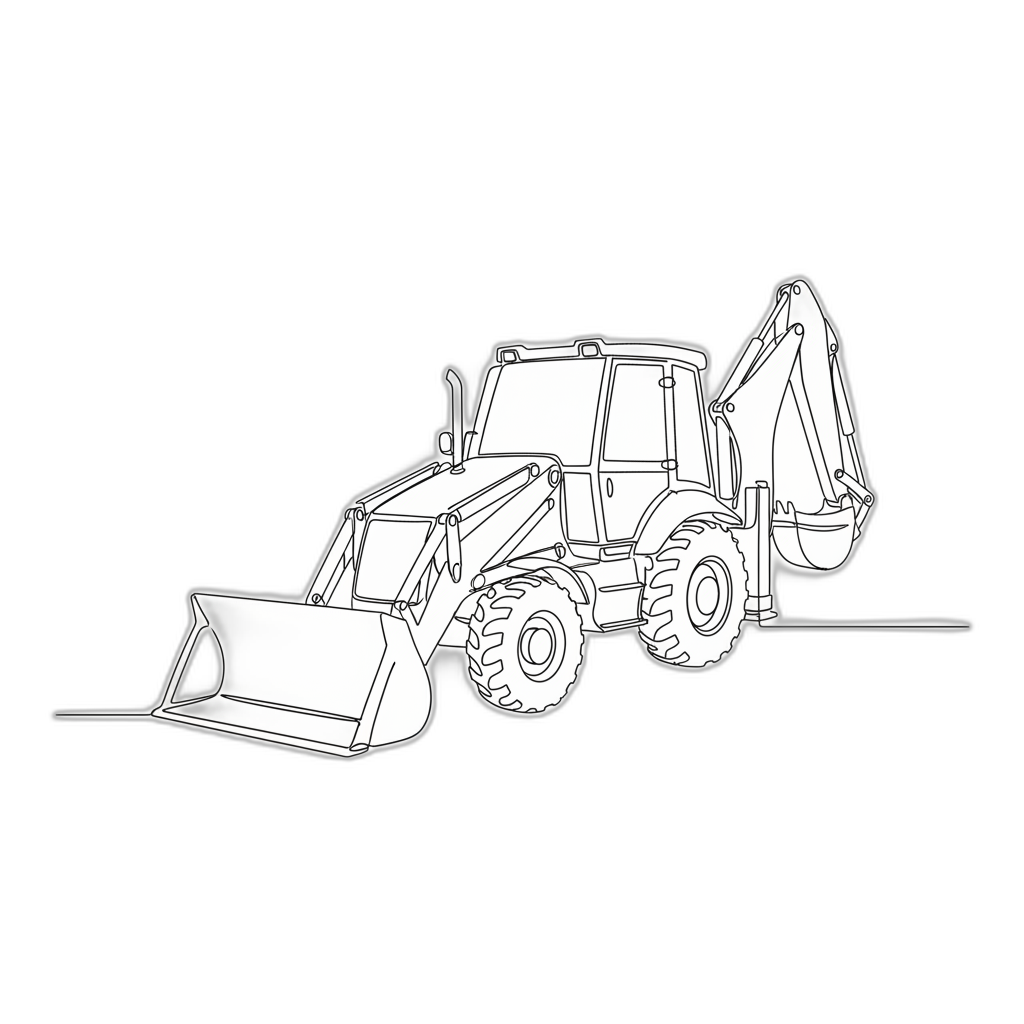
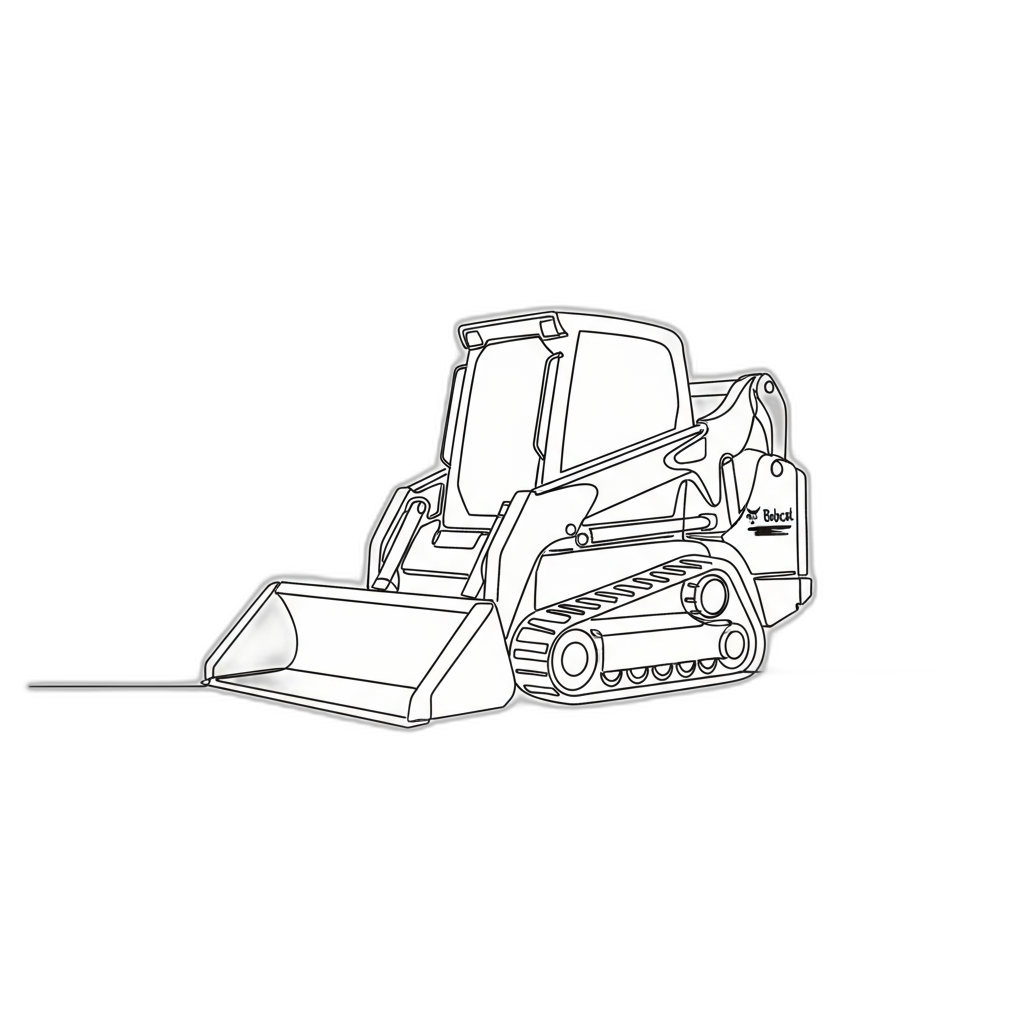
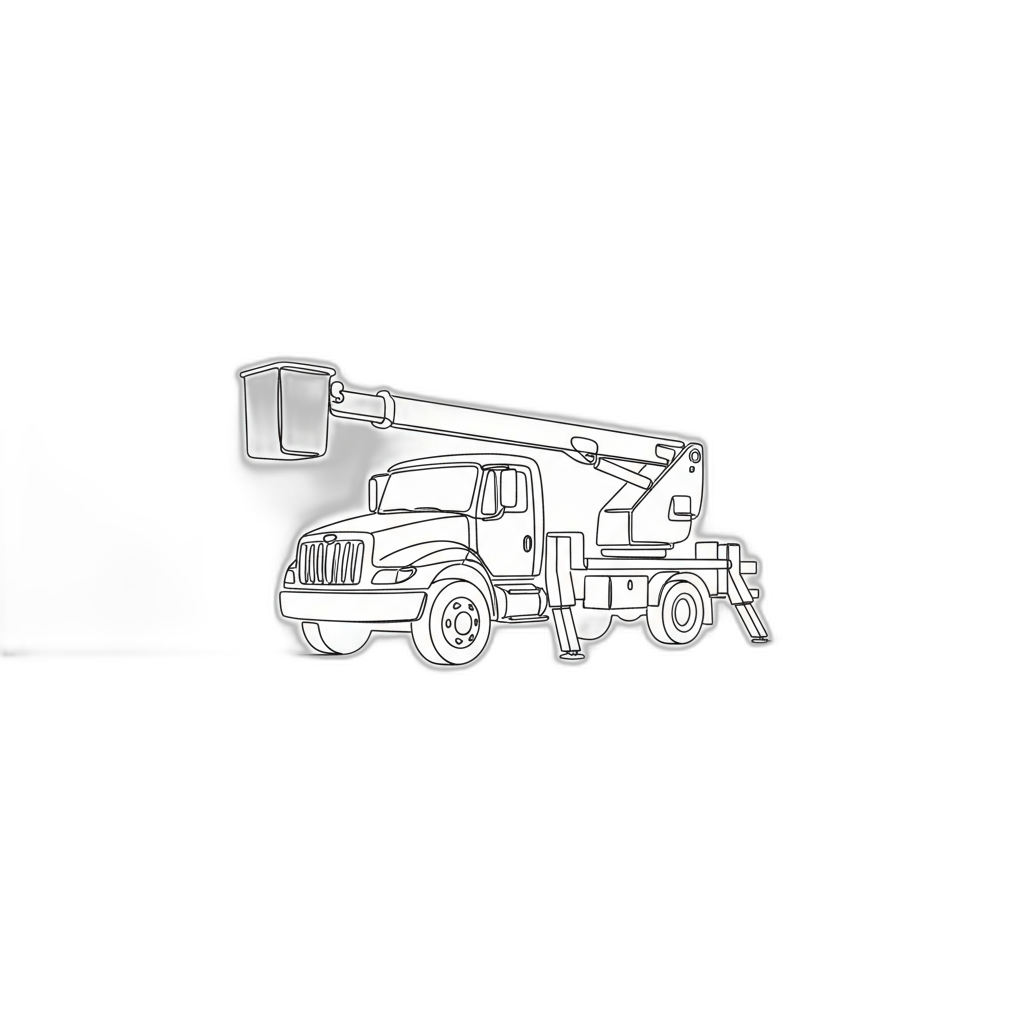
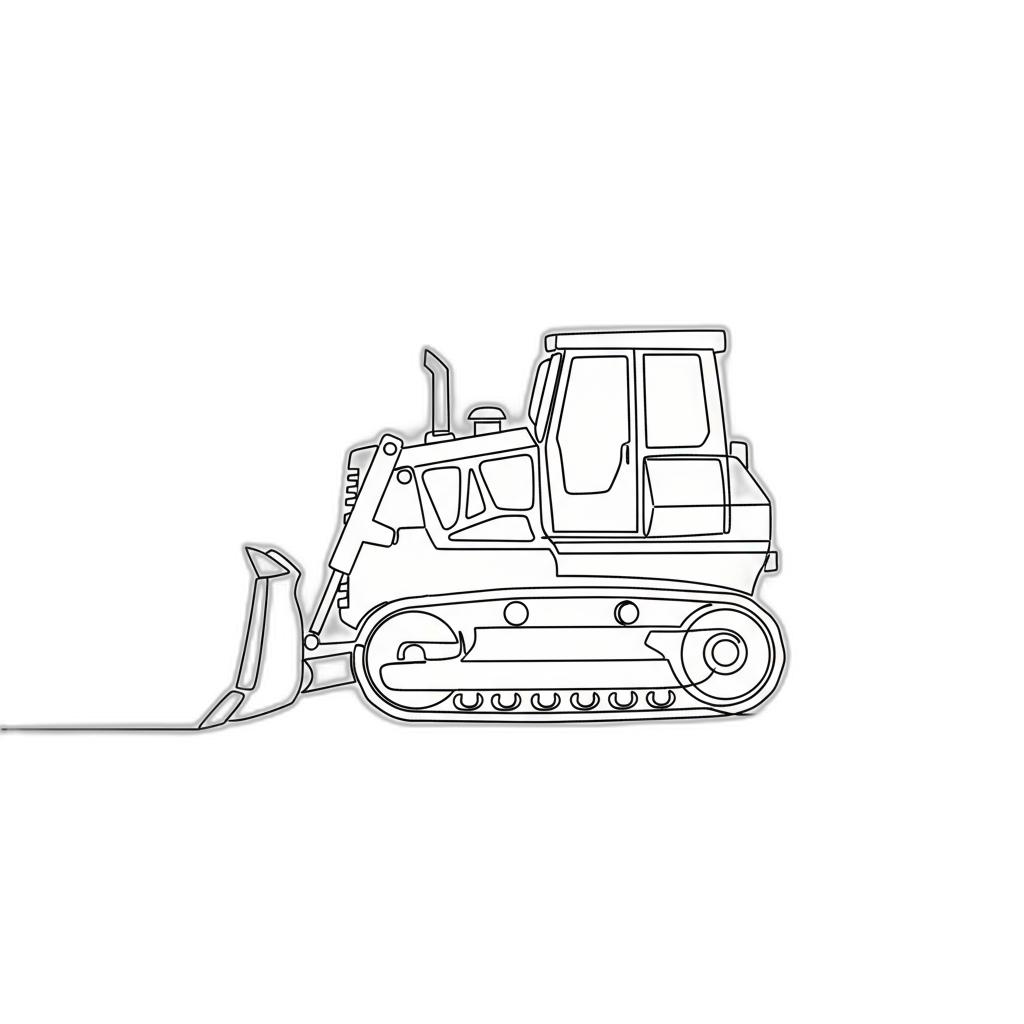
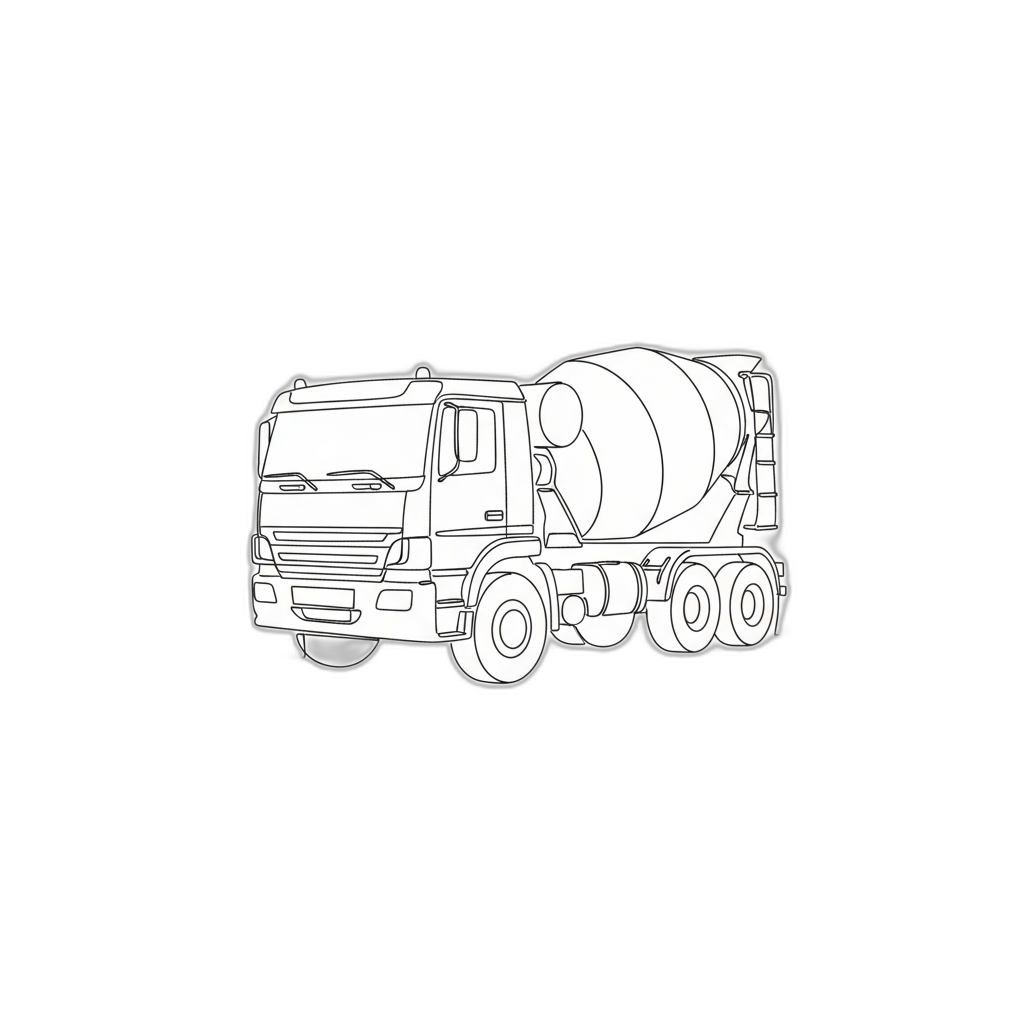


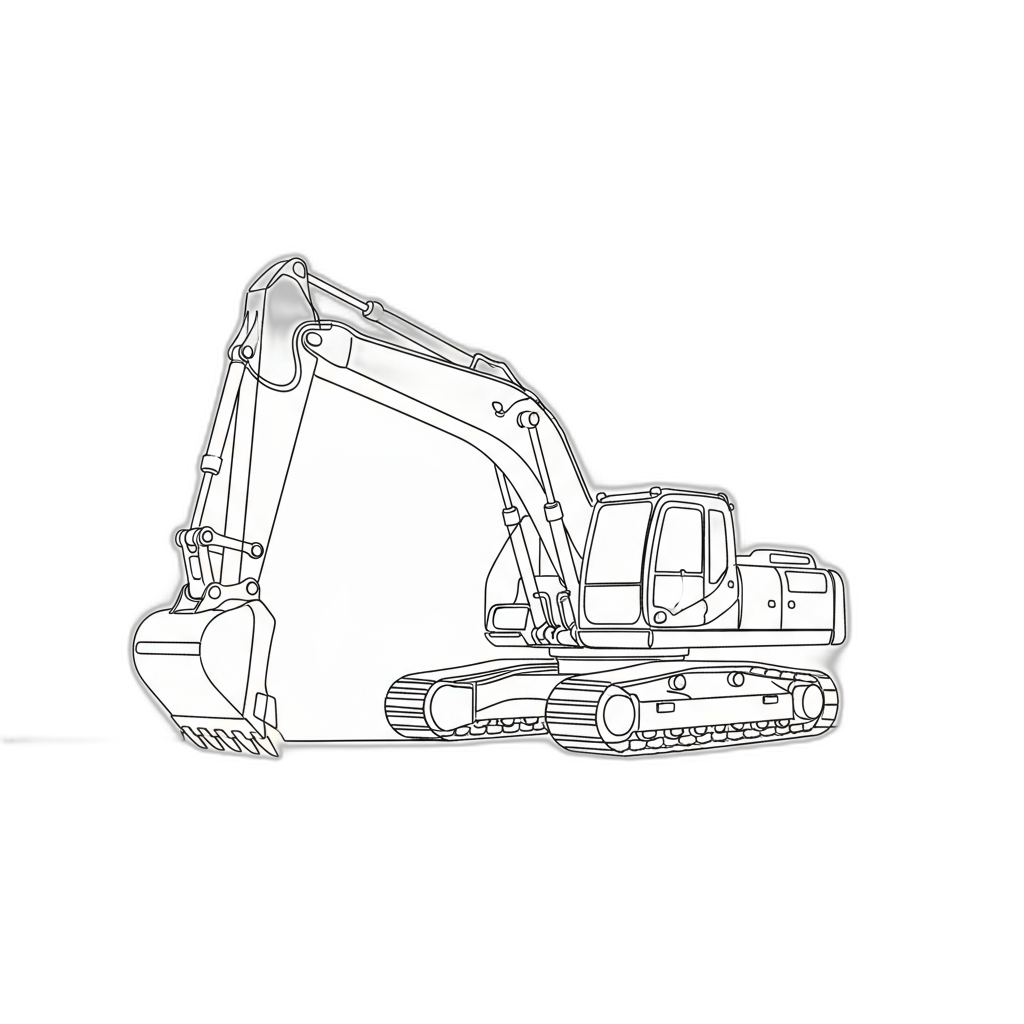
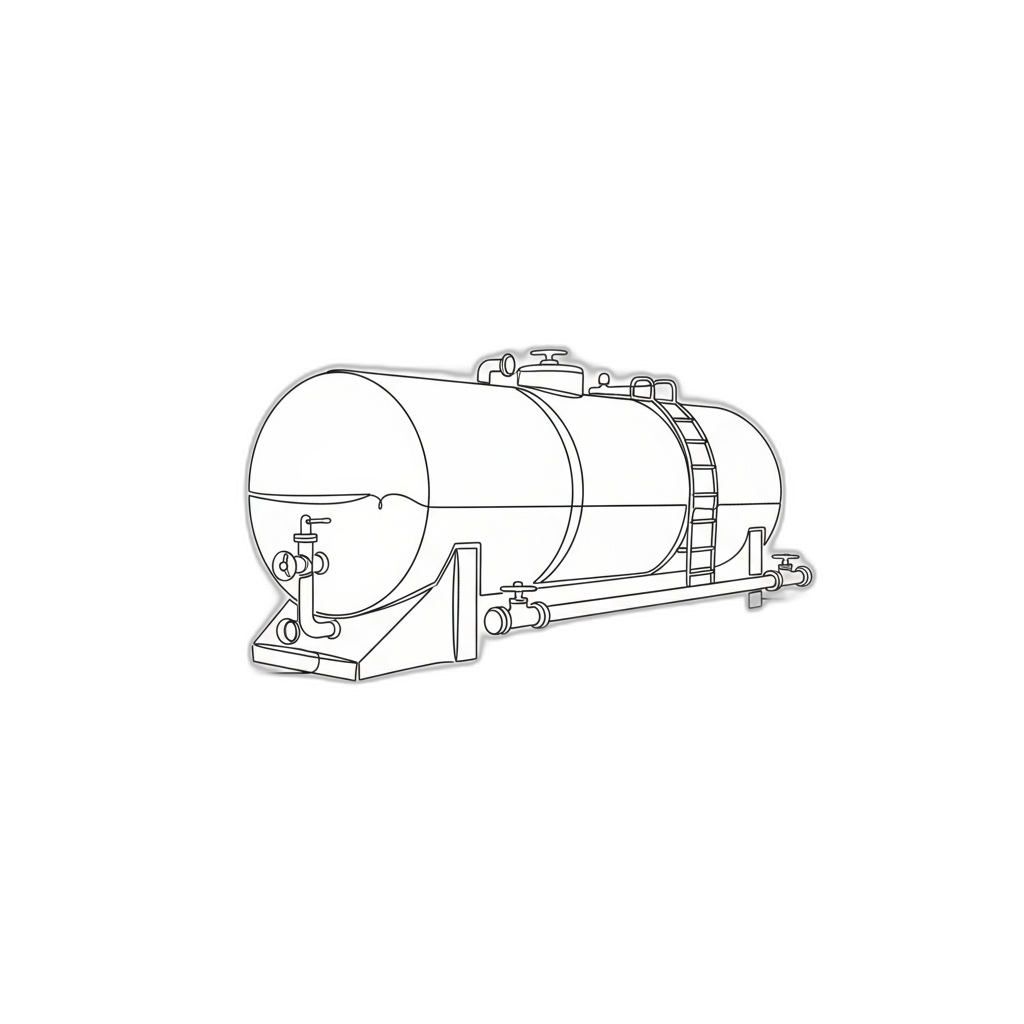

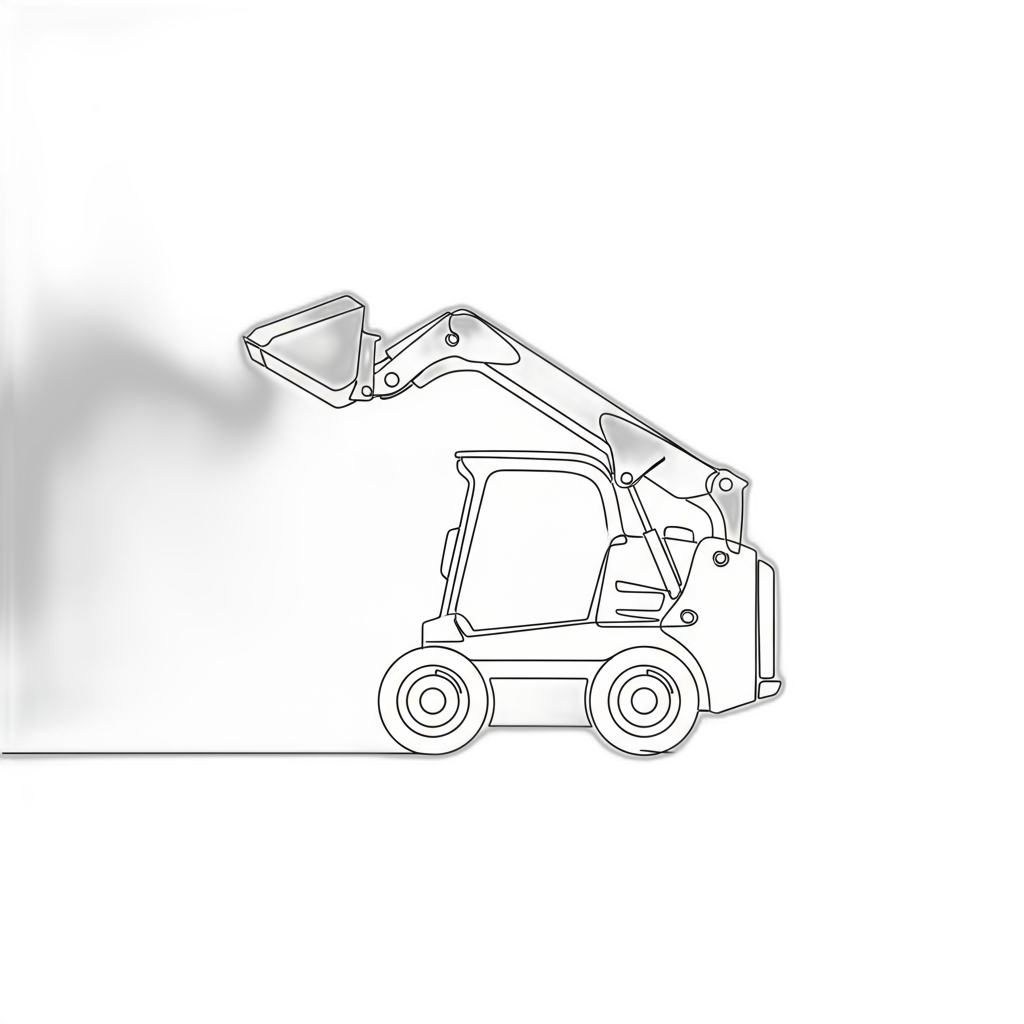

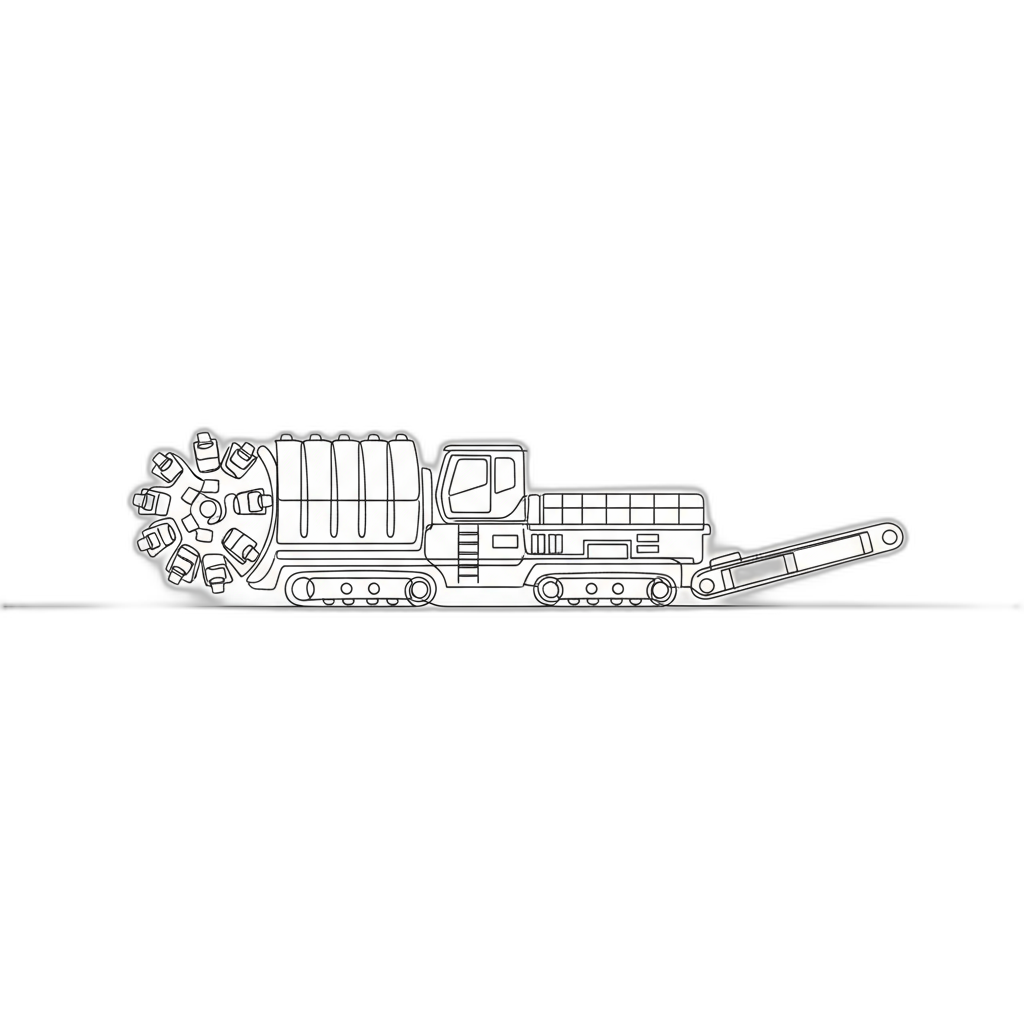
.svg)









